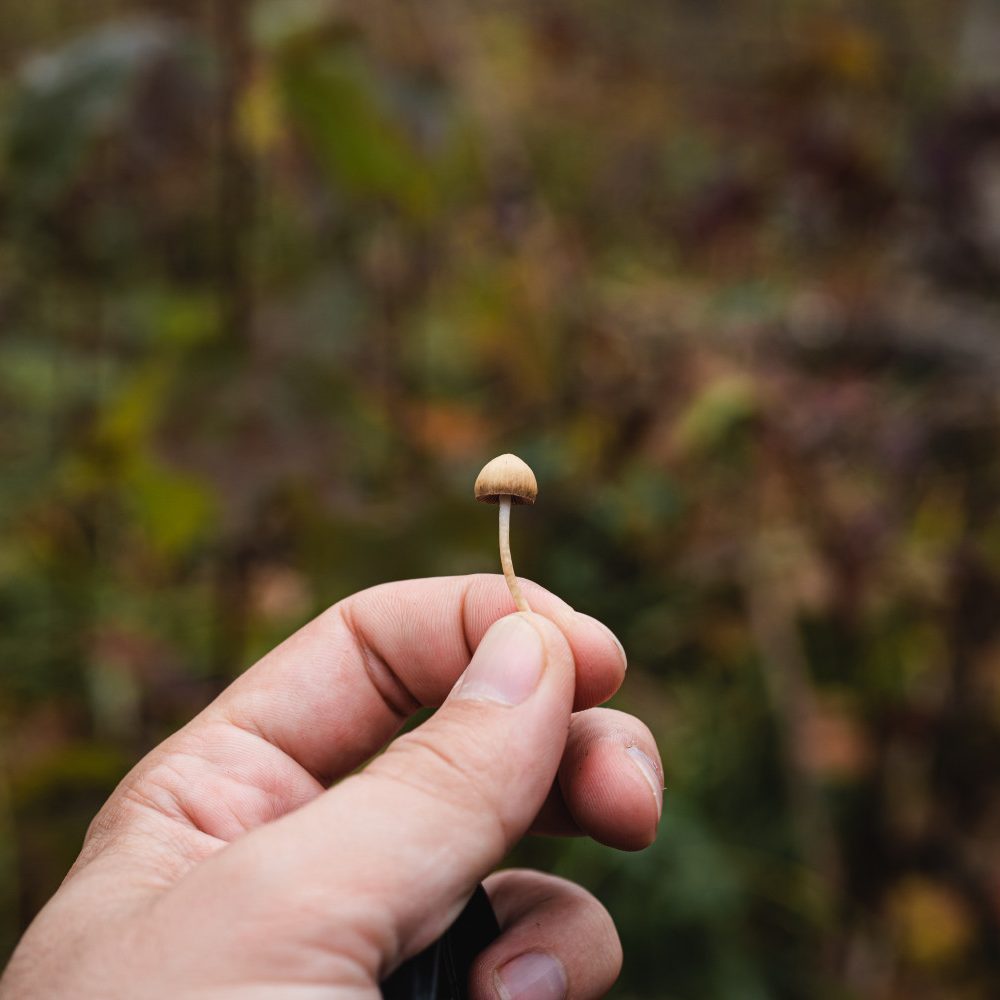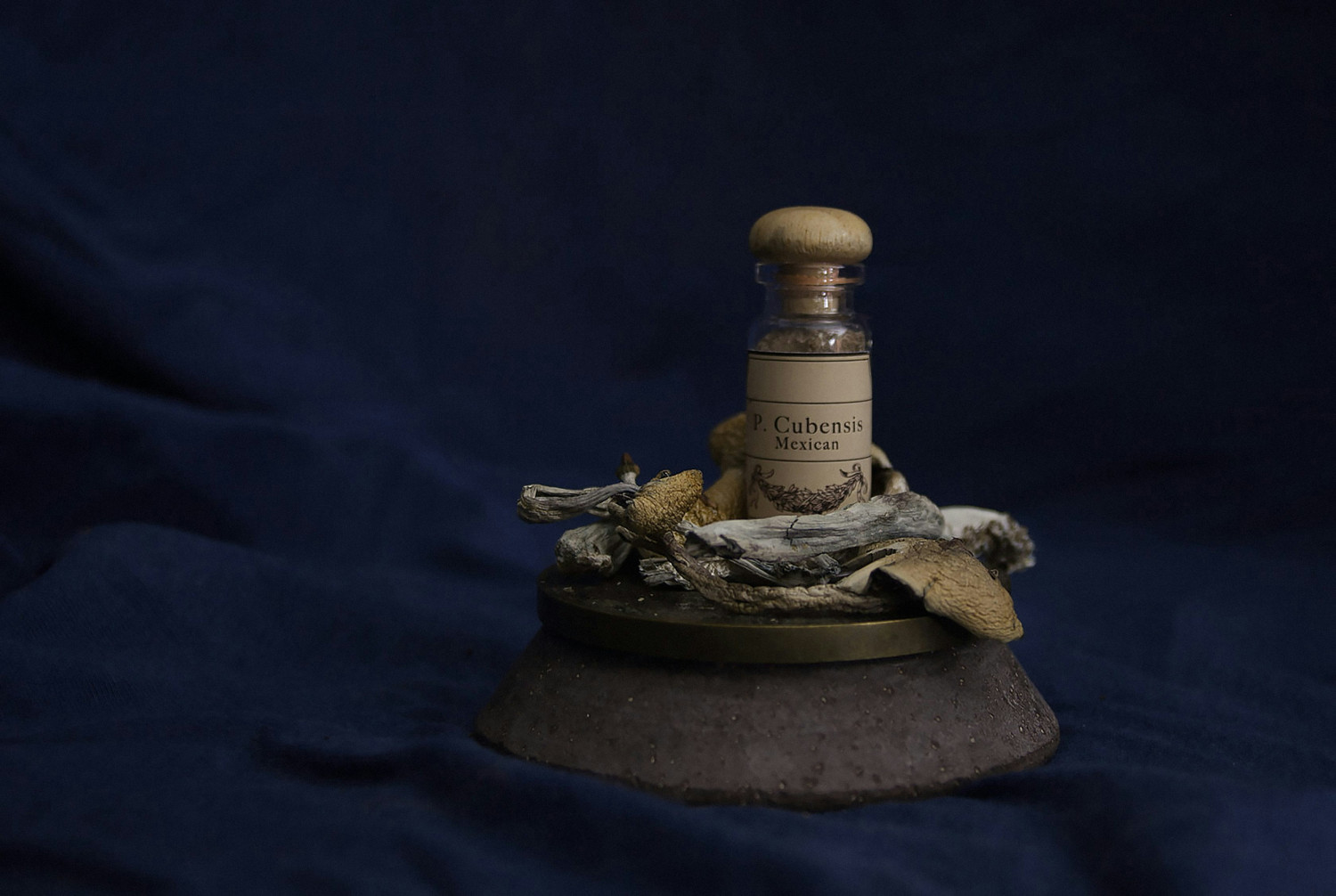Psilocybin, a naturally occurring psychedelic compound found in certain species of mushrooms, has been the subject of growing interest and research in recent years. Scientists and researchers are uncovering its potential therapeutic benefits and exploring its effects on mental health conditions. Here are some of the most recent developments in psilocybin research, shedding light on the exciting progress being made in this field.
Psilocybin and Mental Health
Recent studies have shown promising results in the use of psilocybin-assisted therapy for various mental health conditions. Researchers are investigating its potential in treating depression, anxiety, PTSD, addiction, and other disorders. Clinical trials are underway, demonstrating the positive impact of psilocybin on patients’ well-being and quality of life.
Ongoing research into psilocybin, the active compound in magic mushrooms, has been exploring its therapeutic potential for various mental health conditions. Several recent studies have focused on its effects on depression, anxiety, and other psychiatric disorders, showcasing promising results.
Psilocybin for Depression: A study published in JAMA Psychiatry in 2021 demonstrated that psilocybin-assisted therapy significantly reduced depressive symptoms in a group of 24 individuals with major depressive disorder. The participants underwent two sessions with psilocybin and showed substantial improvements in mood, with effects lasting several weeks.
Psilocybin and Anxiety in Cancer Patients: Research conducted at NYU Grossman School of Medicine and published in the Journal of Psychopharmacology in 2020 focused on using psilocybin to alleviate anxiety and depression in patients with life-threatening cancer diagnoses. Results indicated that a single dose of psilocybin reduced symptoms of anxiety and depression, leading to improved emotional well-being in these individuals.
Psilocybin for Treatment-Resistant Depression: Another study, published in JAMA Psychiatry in 2020, investigated the use of psilocybin in patients with treatment-resistant depression. The research suggested that psilocybin, when used in combination with psychotherapy, had rapid and sustained antidepressant effects in this population.
Safety and Efficacy Studies: Recent studies have also focused on the safety and efficacy of psilocybin-assisted therapy. Research has shown a favorable safety profile for controlled psilocybin use in clinical settings when administered under proper supervision and guidance.
These studies have contributed significantly to the growing body of evidence supporting the therapeutic potential of psilocybin in mental health treatment. They highlight the compound’s ability to induce profound experiences that may lead to psychological insights and long-lasting improvements in mood and mental well-being.
However, it’s important to note that research into psilocybin is ongoing, and more comprehensive studies are needed to fully understand its mechanisms of action, optimal dosages, potential side effects, and long-term effects on mental health.
Advancements in neuroscience have allowed researchers to gain a deeper understanding of how psilocybin interacts with the brain. Functional magnetic resonance imaging (fMRI) studies have revealed changes in brain activity and connectivity patterns after psilocybin administration, providing valuable insights into its mechanisms of action.

Legal and Regulatory Developments
Psilocybin’s legal status has been evolving in certain regions. Some jurisdictions have decriminalized or legalized the use of psilocybin for therapeutic purposes, paving the way for further research and exploration. These legal and regulatory changes have opened doors for more extensive studies and clinical trials.
The psychoactive compound found in certain mushrooms remains classified as a Schedule I controlled substance at the federal level in the United States. This classification designates psilocybin as having a high potential for abuse, no accepted medical use, and a lack of safety even under medical supervision, according to federal law.
However, several cities have taken steps toward decriminalizing psilocybin:
Denver, Colorado: In May 2019, Denver became the first city in the United States to decriminalize psilocybin mushrooms. The initiative made the possession, personal use, and cultivation of psilocybin mushrooms for individuals aged 21 and older the lowest law enforcement priority.
Oakland and Santa Cruz, California: Following Denver’s lead, Oakland and Santa Cruz in California also decriminalized psilocybin mushrooms for personal use and possession, emphasizing the lowest priority for law enforcement in these cases.
Ann Arbor, Michigan: In September 2020, Ann Arbor passed a resolution that declared the investigation and arrest of adults involved in the use of entheogenic plants and fungi (including psilocybin-containing mushrooms) as the city’s lowest law enforcement priority.
These cities’ efforts to decriminalize psilocybin mark a shift in perspectives toward psychedelic substances. Instead of legalizing these substances outright, decriminalization measures typically focus on deprioritizing law enforcement actions against individuals using or possessing small amounts of psilocybin for personal use.
Despite these local initiatives, federal law regarding psilocybin remains unchanged, and possession, sale, or distribution of psilocybin mushrooms are still illegal under federal law.
The interest in decriminalization often stems from growing evidence suggesting the potential therapeutic benefits of psilocybin, especially in the treatment of mental health conditions like depression, anxiety, and PTSD. Advocates argue that decriminalization allows for a more compassionate approach to individuals using psychedelics and opens the door for further research into their medical applications.
Researchers are rigorously assessing the safety profile of psilocybin, examining potential risks and adverse effects. Studies have shown that when administered in controlled settings and under professional guidance, psilocybin is generally well-tolerated and safe. However, further research is needed to fully understand its long-term effects and potential risks.
Public Perception and Education
As psilocybin research progresses, public perception and understanding of this compound are evolving. Efforts are being made to educate the public about the science behind psilocybin, dispel myths, and reduce stigma. Increased awareness and accurate information can foster informed discussions and support evidence-based decision-making.
The recent developments in psilocybin research have brought this compound into the spotlight as a potential breakthrough in mental health treatment. As studies continue to unfold, the therapeutic potential of psilocybin is becoming increasingly evident. The future holds great promise for psilocybin as a tool for improving mental health and well-being, and further exploration will undoubtedly uncover more exciting discoveries in the field.
Stay in the loop here.

FOR MORE CANNABIS & MUSIC NEWS, FOLLOW RESPECT MY REGION ON FACEBOOK & TWITTER.
TO HAVE A STORY FEATURED OR YOUR BRAND OR PRODUCTS REVIEWED, PLEASE EMAIL US.
Citations and References:
- “FDA Grants Psilocybin ‘Breakthrough Therapy’ Designation for Major Depression.” Forbes, November 2022.
- “Psychedelics in the United States: Consideration of Legal Status.” Drugs and Drug Policy: What Everyone Needs to Know. Oxford University Press, 2021.
- “Psychedelic drug psilocybin found safe for consumption, study finds.” The Guardian, September 2022.
- “Denver becomes the first city in the nation to decriminalize magic mushrooms.” The Denver Post, May 2019.
- “California cities embrace ‘magic mushrooms’—the Oakland and Santa Cruz city councils pass resolutions to decriminalize ‘entheogenic’ fungi.” Politico, July 2020.
- “Ann Arbor decriminalizes psychedelic mushrooms, plants.” MLive, September 2020.







